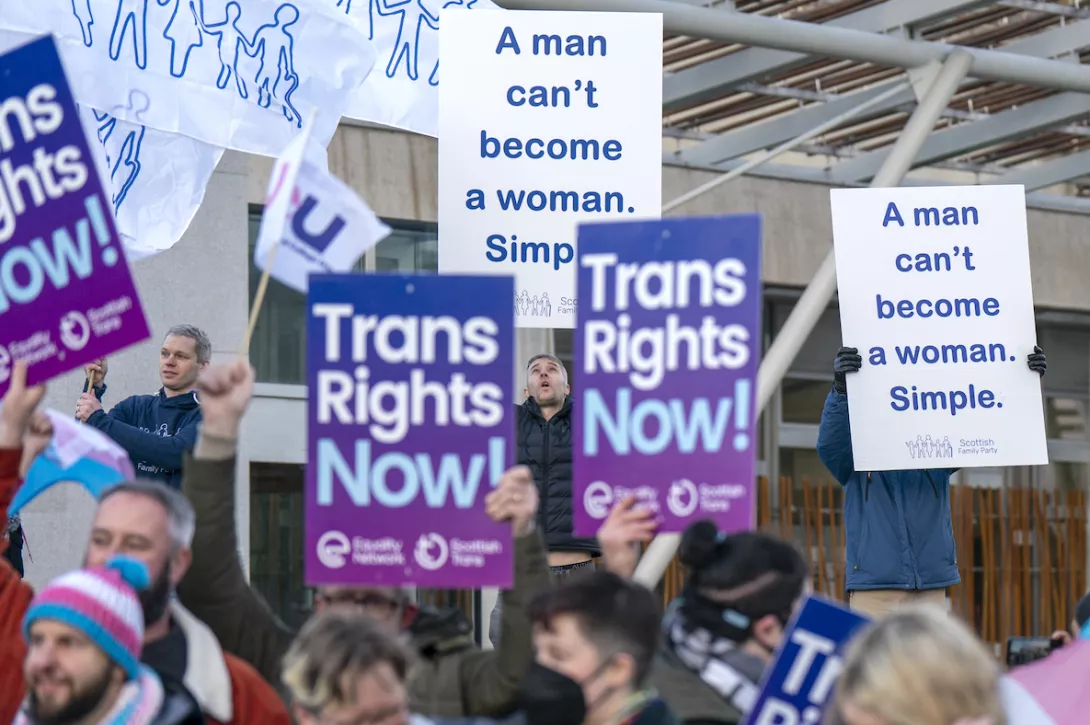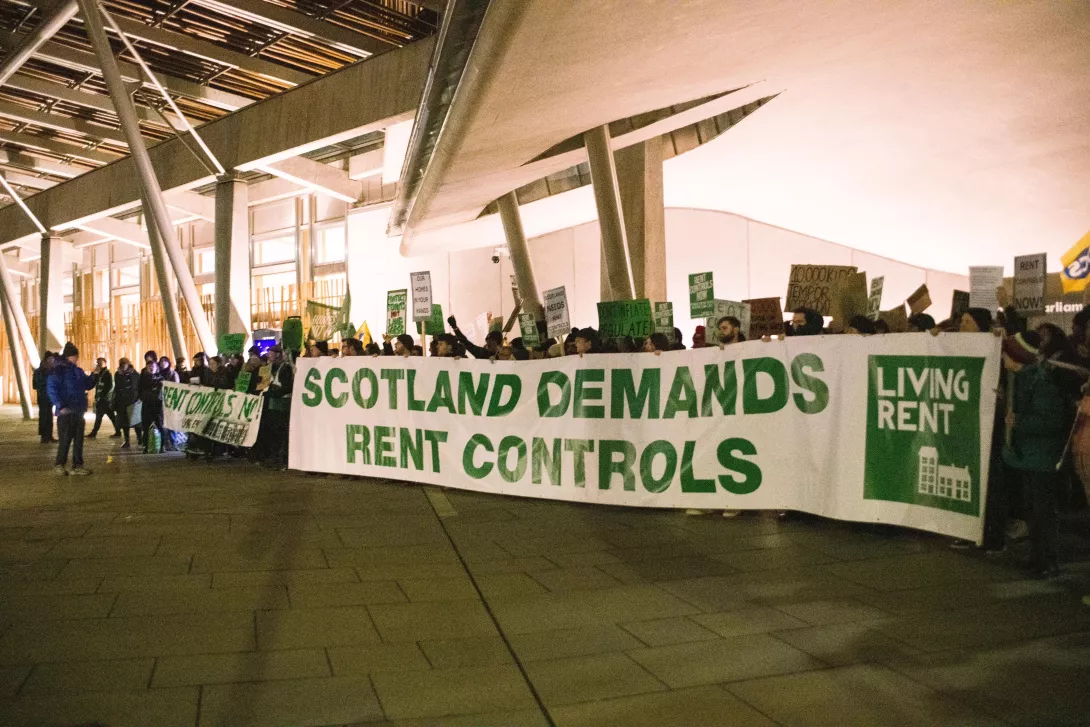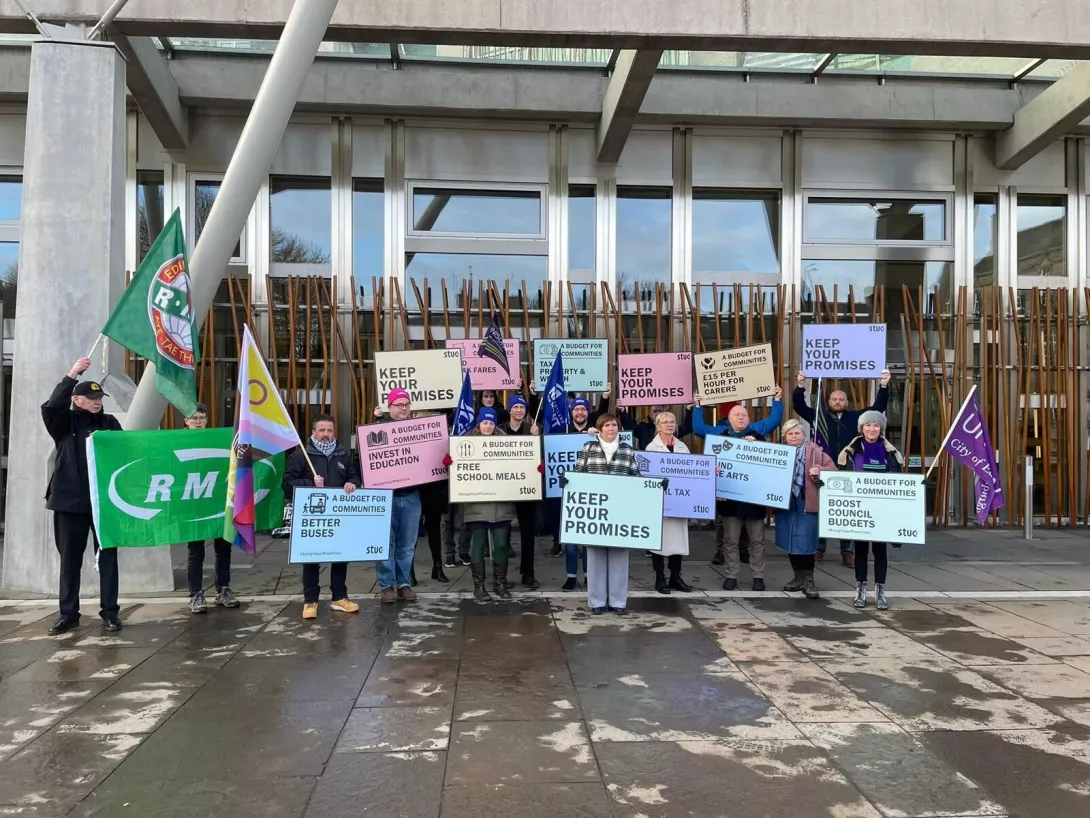
THE UK government’s decision to block Scottish gender recognition reforms was legal, the Court of Session ruled today.
The decision comes almost a year after the Gender Recognition Reform (Scotland) Act was passed by the Scottish Parliament following a heated debate that divided parties and the country at large.
Passed by 89 votes to 39, the Act never came into force after the British government used Section 35 of the Scotland Act — which governs devolution powers — to block royal assent on the basis that it would impinge on UK-wide equalities legislation.
The decision by Scottish secretary Alister Jack sparked yet another constitutional crisis as the SNP-Green Scottish government branded the decision “undemocratic” and launched an appeal to Scotland’s highest court, arguing the Section 35 power had been used over “policy disagreement” and so was “inconsistent with the constitutional principles” of the UK.
Now that court has ruled Mr Jack’s decision was correct in law.
Lady Haldane dismissed the appeal, ruling the use of Section 35 was acceptable and did not impact on “other fundamental constitutional principles.”
Responding in a social media post, SNP First Minister Humza Yousaf said he would respect the judgement, but said: “Today’s judgement confirms beyond doubt that devolution is fundamentally flawed.”
Green equality spokeswoman Maggie Chapman MSP echoed the sentiment, calling it “a devastating day for equality and democracy.”
But feminist group Women Won’t Wheesht (Scots slang for being quiet) welcomed the ruling, saying “it has been a dark time for women’s rights in Scotland and prevention of GRA reform is a light in the darkness.”
Scottish Trans, part of LGBT human rights charity Equality Network, has called on the Scottish government to appeal the decision.
















